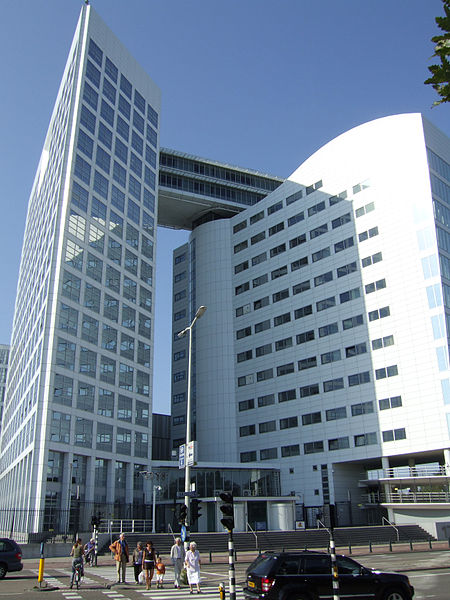Year: 2012
-
Gazan farmers at work in Khuza’a
by Joshua Brollier 10 December 2012 | Besieged Gaza strip, Khuza’a Today, Gazan farmers from Khuza’a, a small village near Khan Younis, worked on their land in defiance of Israeli military harassment. Farmers ploughed approximately seven dunams and then sowed wheat in a plot that they had previously been denied access to before the November…
-
PCHR launches campaign ‘Palestine to the ICC’
10 December 2012 | Palestinian Centre for Human Rights On 10 December 2012, on the occasion of Human Rights Day, PCHR is launching its ‘Palestine to the ICC‘ campaign. The campaign aims to encourage the relevant stakeholders, namely the State of Palestine, the Prosecutor of the International Criminal Court and the international community, to fulfil…
-
Bulldozers arrive in Hajja
9th December 2012 | International Solidarity Movement, Occupied Palestine. On Sunday 9th December at 4pm the bulldozers rolled into the small sleepy town of Hajja near Kufr Qaddoum, in the northern part of the West Bank. They rolled past the Illegal Israeli Settlements, where many Palestinians from the surrounding villages work, with less workers’ rights…

